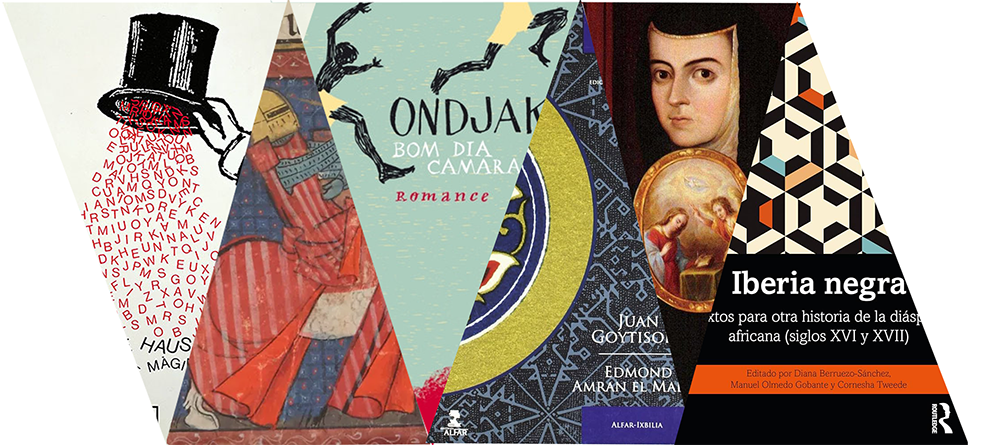Today, we are launching a new library research guide for Iberian Literatures & Criticism. The new guide will improve navigation and discovery in UC Berkeley’s vast literature collection in Romance languages, mostly found in a classification commonly known as the PQs. Over the course of the past year, we have critically reviewed the former guides, weeded outdated resources, and replaced them with more current content with links to digital resources when available.
This literary research guide, like the others for Italian and French & Francophone literatures launched last year, is now benefiting from the LibGuides platform, which makes it much easier to revise than the former PDFs. The guide is structured by sections for article databases, general guides and literary histories, reference tools, poetry, theater & performance, and literary periods. In addition to literature in Spanish and Portuguese, it also includes less commonly taught literatures and languages such as Catalan, Galician, Basque, Arabic, Ladino, and more. There is also a new section for Luso-African and Hispano-African literature.
The online guide also interfaces seamlessly with related guides published by the UC Berkeley Library. For example, on the home page, there is a prominent link to the online list of recently acquired publications on the general Spanish & Portuguese guide, making it even easier to stay current on new books in all of the call number ranges.
Because the guides are much easier to update, they encourage user interaction and invite community suggestions for inclusion (or deletion).
When you have time, please take a look at this new resource and let us know what you think.
Claude Potts, Romance Languages Librarian
Cameron Flynn, RLL Doctoral Candidate
